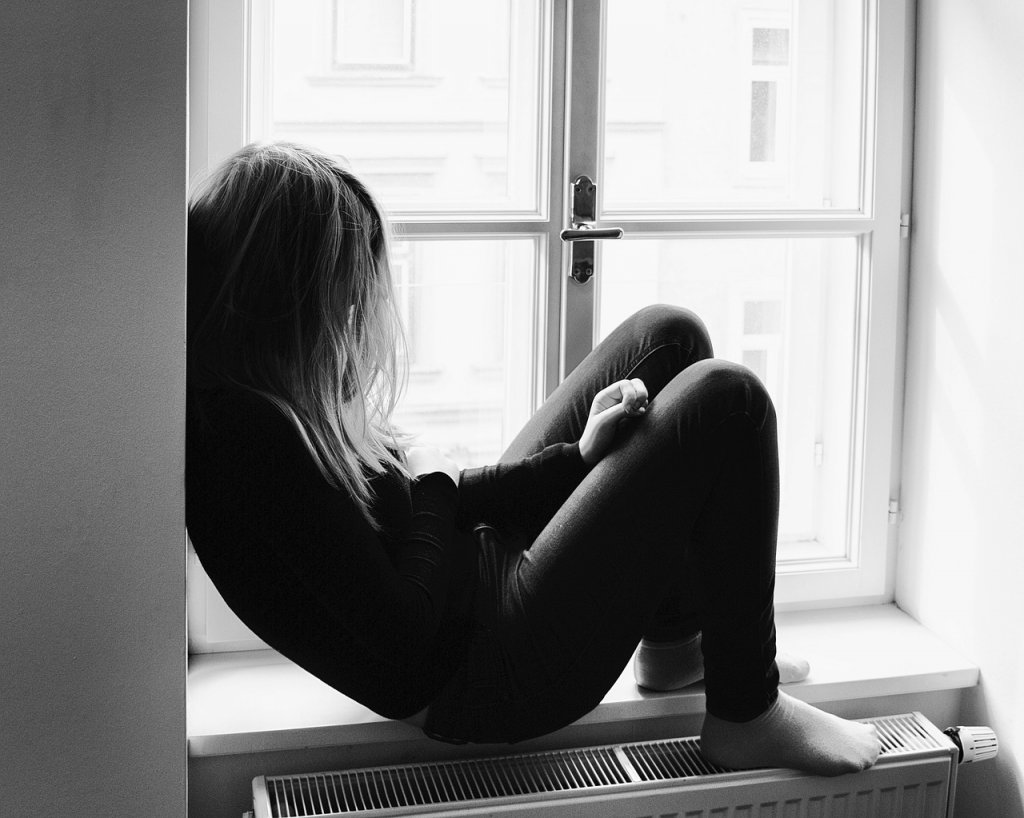FIXING THE TEENAGE MENTAL HEALTH CRISIS MEANS HELPING MARRIAGES TO WORK

Last week saw one of the most concerning poll findings of recent years. A huge survey of British 14 year-olds, published by the Children’s Society and based on the Millennium Cohort Study found that:
One in six (16%) of more than 11,000 children surveyed reported self-harming at this age, including nearly one in 10 boys (9%).
These figures are themselves dire, but there is one group in which the figures are particularly bad:
Almost half of 14-year-olds who said they had been attracted to people of the same gender or both genders said they had self-harmed (46%), analysis of the Millennium Cohort Survey revealed. Four in ten of these children had shown signs of depression (38%) and three in ten had low well-being (30%) – both compared with one in ten (11 per cent) of all children.
So it appears that there is at least a correlation between underage children identifying as either homosexual or bisexual and having poor mental welfare.
Of course one argument put forward in explanation is that a lack of social acceptance for these lifestyles is the root cause. But as the liberal journalist David Aaronovitch wrote in The Times (£):
Some of this is, on the face of it, very hard to explain. For example, the figures for non-heterosexual kids come not at a time of homophobia, but at a pinnacle of liberalism about sexual orientation. In 1987 only 11 per cent of adults taking part in the British Social Attitudes Survey said same-sex relationships were “not wrong at all”. Seventy-four per cent said they were always or mostly wrong. Thirty years later those figures were 64 per cent and 19 per cent respectively.
Cause for thought
The Coalition for Marriage has argued consistently that the Government’s plans to introduce children to complex adult living arrangements from the age of five are irresponsible.
These figures would seem to support this case. Encouraging children to identify with alternative adult sexual lifestyles before the age of consent appears to correlate with them being unhappier than their peers. Correlation is not causation, but the relationship between these states does deserve closer scrutiny to determine why this link is so strong.
In the meantime we believe the Government must think again about its proposed Relationships and Sex Education guidelines which state that:
“Schools are free to determine how they address LGBT specific content, but the Department [for Education] recommends that it is integral throughout the programmes of study.”
In light of these figures, making such content integral to study does not look like a policy which is wise, compassionate or primarily interested in the welfare of the children concerned.
We know that making marriage more attractive and helping individual marriages endure would benefit children, given that those from broken homes are three times more likely to suffer mental health problems.
We invite the Government to put children first, not the wishes of vocal adult campaign groups. That means backing marriage, not more ideology in the classroom.
This is an extract from one of the Coalition for Marriage’s regular communications with its supporters. If you would like to register as a marriage supporter and receive these updates, you may do so here.
